What is an event organiser?

The events industry employs around 1,000,000 workers in the live events sector. Supporting around 2.5 million jobs in total. With roles as event managers, videographers, and audio technicians being filled. At the forefront of events are event organisers. But what is an event organiser? Today we’ll answer this.
Let’s get started…
What is an Event Organiser?
An event organiser is a business or individual that undertakes the beginning-to-end production of your event.
Event organisers work for clients across all kinds of industries, for all kinds of events. This includes conferences, corporate events, award ceremonies, product launches, and theatre productions.
These can vary from events which are small in scale to large.
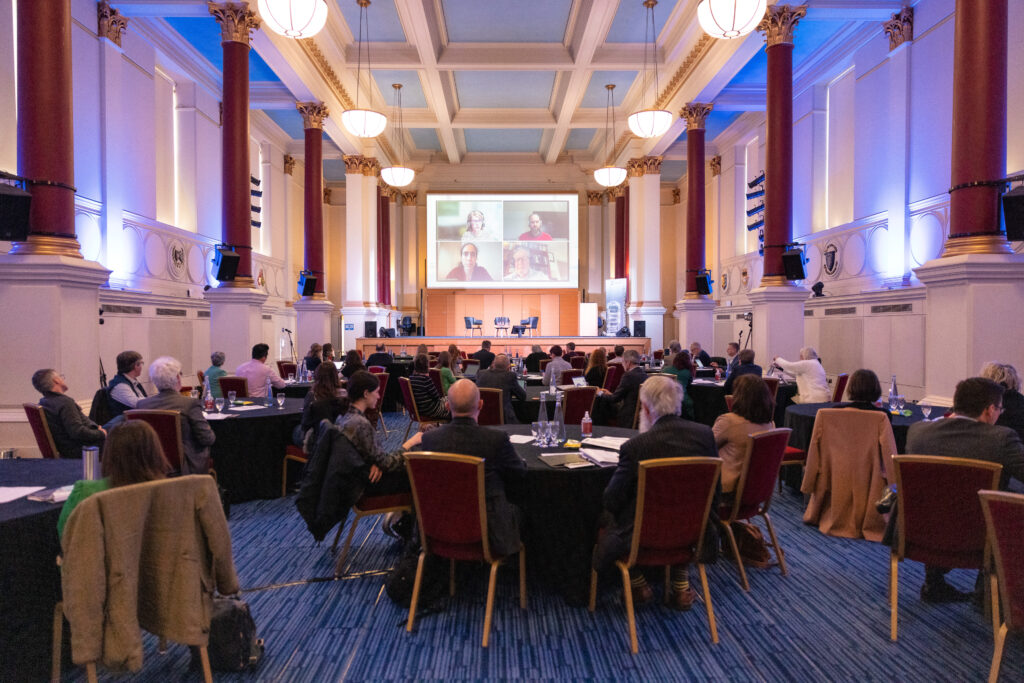
What is the role of an Event Organiser?
An event organiser will deliver the following…
- Event Planning
- Staff Management
- Event Scheduling
- Event Production
- Event Wrap-Up Process
It is crucial for an event organiser to keep their client’s event on a budget, on brief, and on time. Click here to find out why time management is important for an event organiser.
Ultimately, when you’re looking for an event organiser to produce your event, you can expect 2 things:
- Start to finish planning and execution of your event
- Technically reliable and secure production
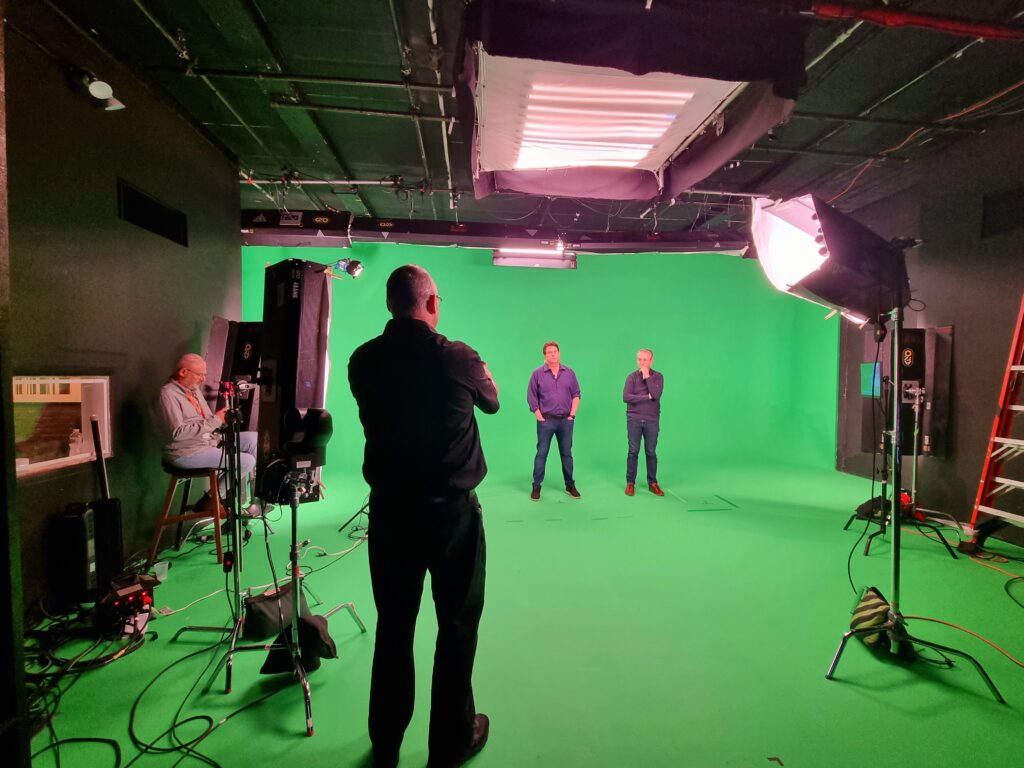
Event planning
This is the initial stage of event organisation. Event organisers will meet with the client to gather as much information as possible about their event.
Obtaining information like…
- Event Type
- Event Brief
- Audience Size
- Event Location
- Objectives
- Budget
Following this, organisers will identify a suitable venue, and suppliers, and provide the client with a detailed concept for their event.
Once approved, the organiser will progress to the production stage of the event.

Staff management
Staff management is the process of making sure the venue is suitably staffed during the event. They can include greeters, caterers, and promotional staff.
This is crucial for ensuring a complete event experience for attendees.
Event scheduling
For all events, a solid agenda is needed. The agenda will outline how the event will be broken up on the day. Giving the start and finish times of each segment throughout the day/s.
Once complete, the organiser will arrange a walkthrough of the agenda with the client. Making sure everything is in place on a logistical level.

Event production
This is where the fun begins. On the day of the event, the event organiser will run vigorous tests on the equipment, making sure every aspect of the event’s production is ready to go.
Equipment may include:
- Vision Mixers
- Cameras
- Microphones & Speakers
- Lighting
- Stage Monitors
This equipment will have either been brought by the organiser itself or provided by a supplier.
During the event, professionals will be manning each of the supplied equipment. Complete harmony is needed by all to ensure a successful event package.
Event wrap-up process
Once everything is complete, the event organiser will compare the outcomes of the event with the objectives.
Going through with the client the key takeaways from the event. Such as the successes of the event.
This is also the stage where post-event admin takes place. With things like invoicing and feedback being obtained.
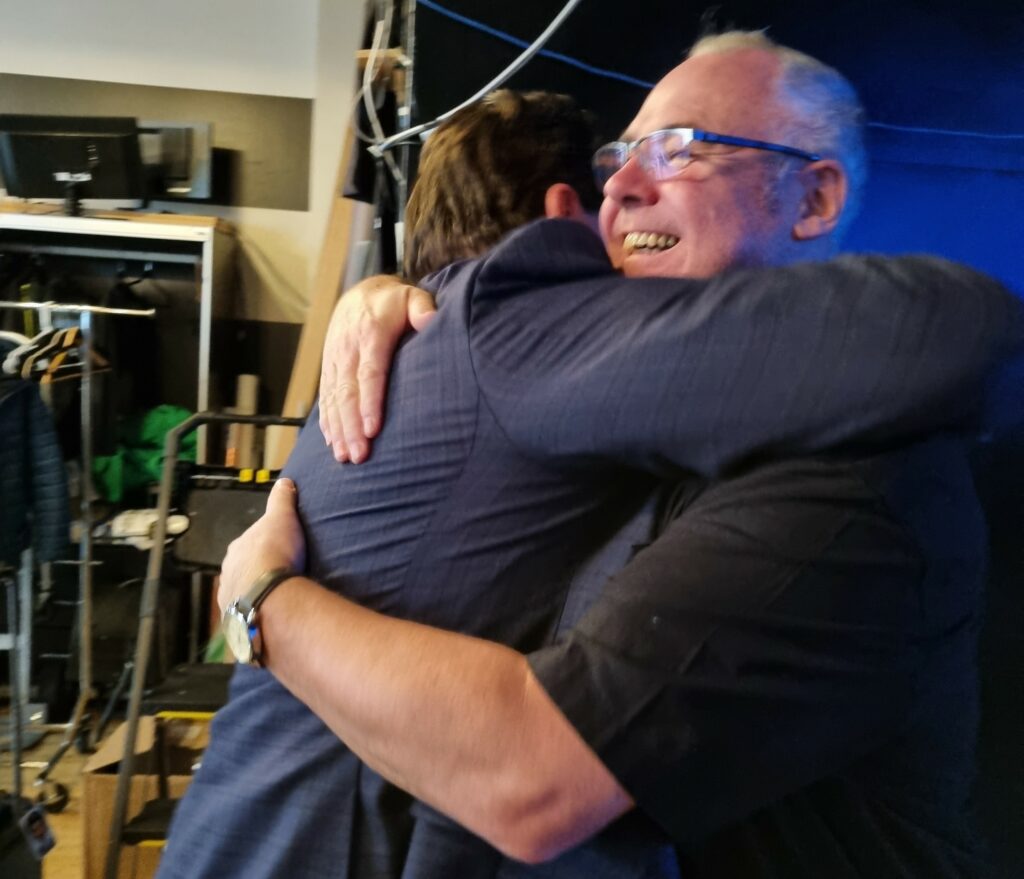
What are the skills of an Event Organiser?
There are several traits and skills which make an event organiser successful. These are…
Good time management
As mentioned above, time management is crucial for all event organisers.
This is because there are a vast number of responsibilities which need to be completed for an event. Without good time management, a task may be forgotten.
Due to the collaborative nature of event production, one missed task can have huge repercussions on the overall success of the event.
Therefore, effective time management is a golden quality of an event organiser.
Effective communication
Event organisers need to be in contact with hundreds of people throughout an event’s organisation.
With proposals, assigning, and liaising frequently being made.
Therefore, it makes sense that you need excellent communication skills to excel as an event organiser.
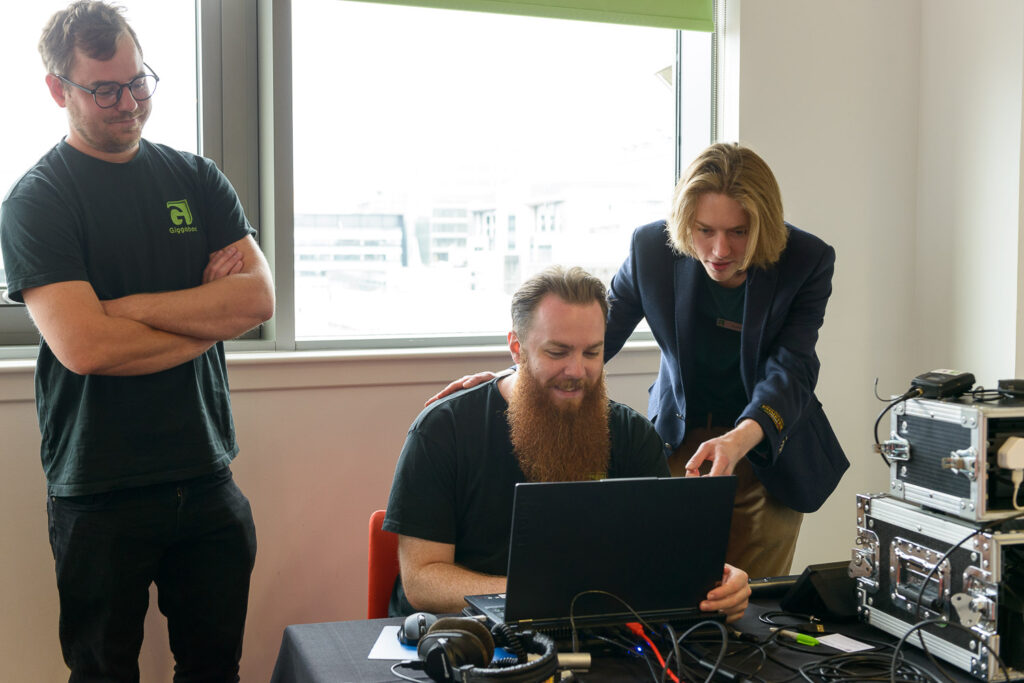
Successful problem solving
Event organisation requires a problem-solving mind.
With the number of factors involved in an event’s delivery, the chances are, at least one unforeseen problem will arise. For example, a microphone may suddenly short-circuit while testing it.
So it is crucial for you to fully understand the equipment being used, and be able to provide solutions to unforeseen issues arising.
Event creativity
There are multiple creative aspects which are involved in the creation of an event.
Whether that’s in the overall design of the venue, where to incorporate branding, and how to translate the client’s vision to physical form.
The look and feel of an event are arguably just as important as the event content. Therefore, you need to be able to create a visually engaging experience for attendees while also representing the client’s brand and tone.
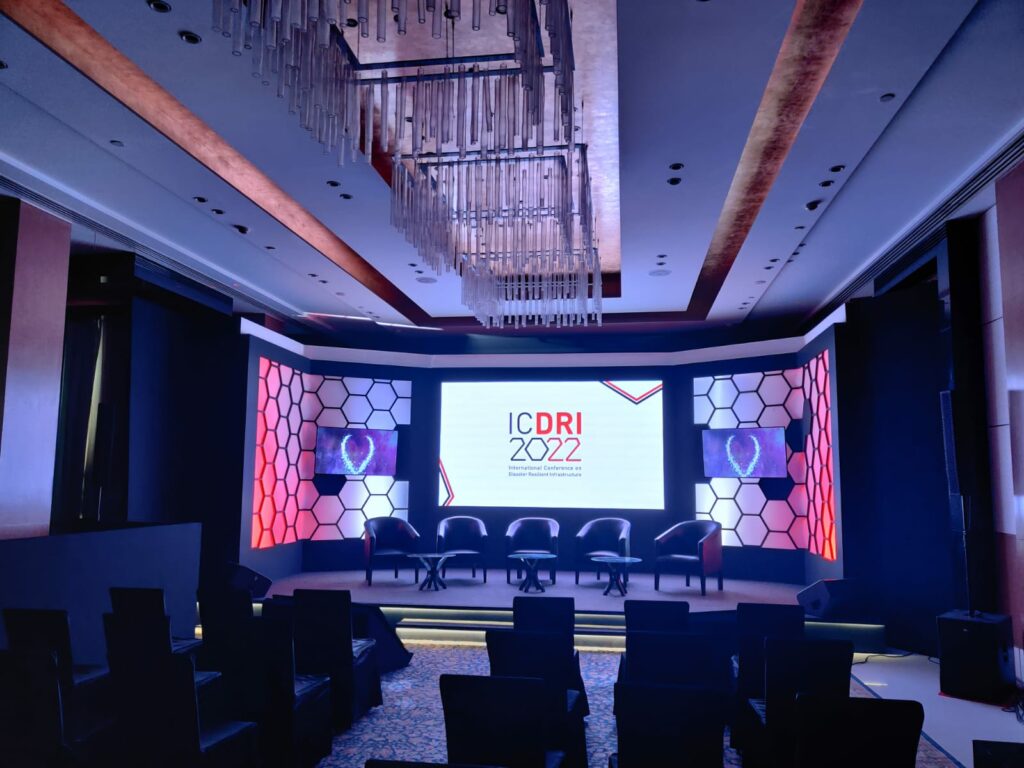
Event leadership
Alongside good communication skills, leadership is equally as important.
You will need to delegate tasks and command the respect of everyone involved.
As a good leader, you need to can keep a clear head in moments of stress. As many will look to you for instructions and guidance.
A good leader will also inspire those around him/her to perform at their best level.
Ultimately leading towards a more successful and memorable event.
So exactly what is an event organiser? An event organiser plans oversees, and actions the entire creation of an event. Translating the vision of a client to a physical event which is enjoyed by hundreds, if not thousands of attendees.
As trusted event organisers, we at Giggabox follow all the above when delivering events for our clients. Click here to get in touch with a member of our friendly team.